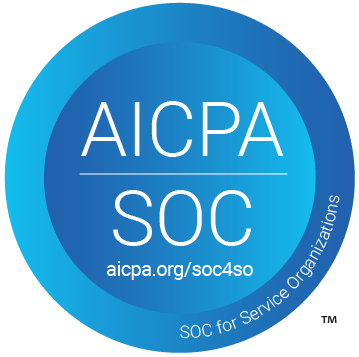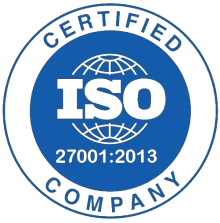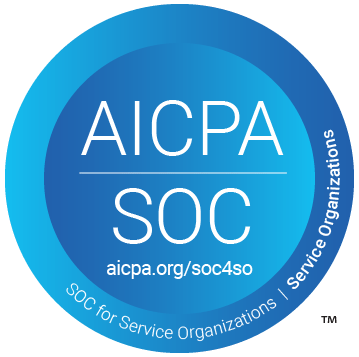Learn how to send automated WhatsApp messages to your counseling business Facebook leads using Pabbly Connect. Step-by-step tutorial included. Master proven automation processes with practical implementation examples and strategic recommendations you can apply immediately in your workflow.
Watch Step By Step Video Tutorial Below
1. Accessing Pabbly Connect for WhatsApp Automation
To begin sending WhatsApp messages to your counseling business Facebook leads, you first need to access Pabbly Connect. Sign in to your account or create a new one for free to start using the automation features. Pabbly Connect allows you to integrate various applications seamlessly.
Once logged in, navigate to the dashboard where you can see all Pabbly applications. Click on Pabbly Connect to initiate the process. This integration will connect Facebook Lead Ads with WhatsApp, allowing you to automate message sending.
2. Creating a Workflow in Pabbly Connect
After accessing Pabbly Connect, click on the ‘Create Workflow’ button. You will be prompted to name your workflow and select a folder to save it in. For this tutorial, name your workflow ‘Facebook Lead Ads to WhatsApp for Counseling Business’ and save it in the appropriate folder.
- Click on ‘Create’ to open the workflow window.
- Select Facebook Lead Ads as your trigger application.
- Choose ‘New Lead Instant’ as the trigger event.
By setting up this trigger, you ensure that whenever a new lead is generated, an automated WhatsApp message will be sent immediately. This is crucial for timely engagement with your leads.
3. Connecting Facebook Lead Ads to Pabbly Connect
In this step, you will connect your Facebook Lead Ads account to Pabbly Connect. Click on ‘Connect’ after selecting your trigger event. If you’ve not connected your Facebook account before, choose ‘Add a New Connection’ to proceed.
After selecting your Facebook account, you will need to specify the Facebook page and lead form. For the page, select ‘Mindful Solutions’ and for the form, choose ‘Counseling Lead Ads Form’. This ensures that only leads from this specific form will trigger the WhatsApp message automation.
4. Testing the Facebook Lead Ads Connection
Once your Facebook Lead Ads are connected, click on ‘Save and Send Test Request’. Pabbly Connect will wait for a webhook response from Facebook, indicating a new lead has been created. You can create a dummy lead using the Facebook Lead Ads testing tool to simulate this response.
- Open the Meta for Developers site and navigate to the Lead Ads Testing Tool.
- Select ‘Mindful Solutions’ and the ‘Counseling Lead Ads Form’.
- Submit the dummy lead details.
After submitting, check Pabbly Connect to confirm that the dummy lead has been captured successfully. This verifies that your trigger setup is working correctly.
5. Connecting WhatsApp Cloud API to Send Messages
With your Facebook Lead Ads trigger working, it’s time to set up the action to send WhatsApp messages. Select ‘WhatsApp Cloud API’ as your action application in Pabbly Connect. Choose the action event as ‘Send Template Message’ and click on ‘Connect’.
You will need to enter your WhatsApp Cloud API credentials, including the token, phone number ID, and WhatsApp business account ID. These details can be obtained from your API setup on the Meta for Developers site. Ensure that you copy and paste these accurately into Pabbly Connect.
After entering the credentials, select the template you wish to use for the WhatsApp message. Map the recipient’s mobile number and personalize the message using variables from the lead data captured earlier. Finally, click on ‘Save and Send Test Request’ to send a test message.
Conclusion
In this tutorial, we demonstrated how to use Pabbly Connect to automate WhatsApp messages for your counseling business Facebook leads. By following these steps, you can enhance your lead engagement and streamline communication effectively.
Ensure you check out Pabbly Connect to create business automation workflows and reduce manual tasks. Pabbly Connect currently offer integration with 2,000+ applications.
- Check out Pabbly Connect – Automate your business workflows effortlessly!
- Sign Up Free – Start your journey with ease!
- 10,000+ Video Tutorials – Learn step by step!
- Join Pabbly Facebook Group – Connect with 21,000+ like minded people!






